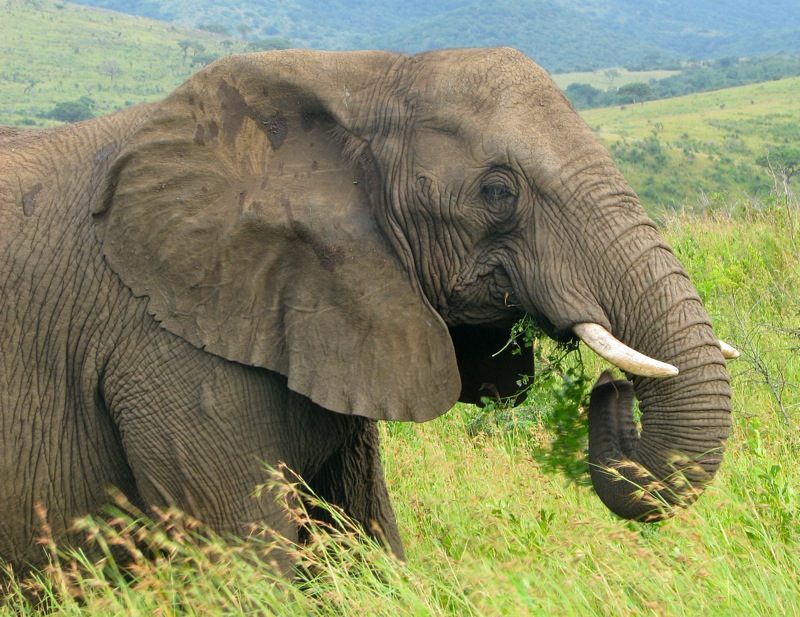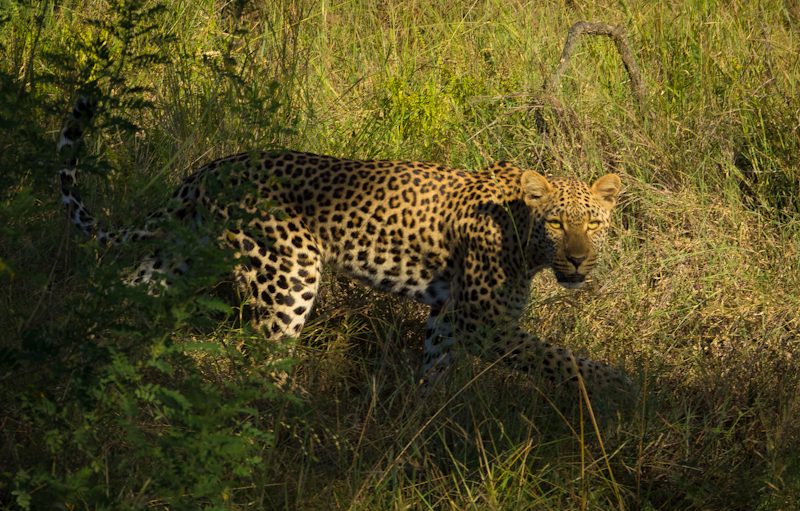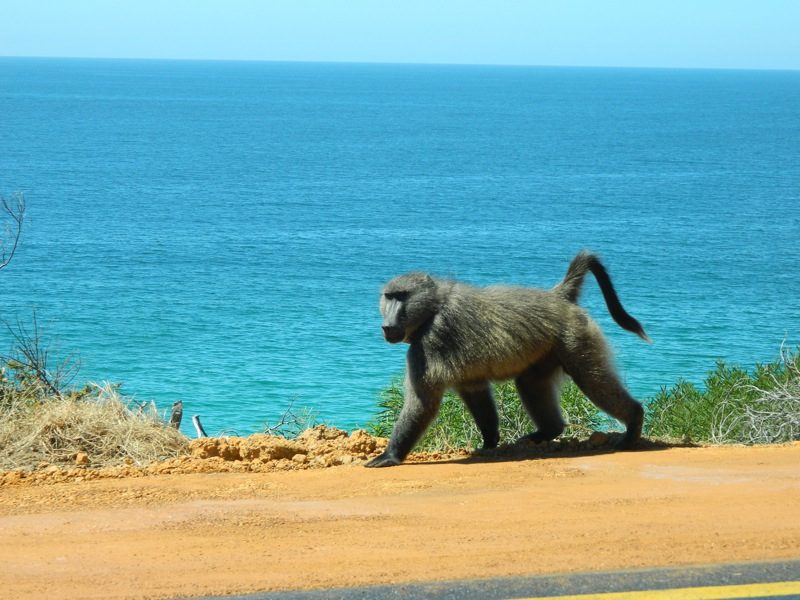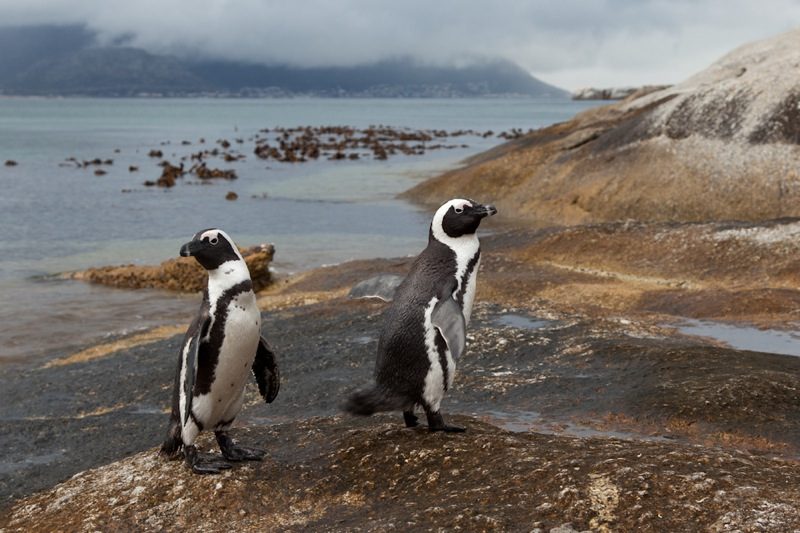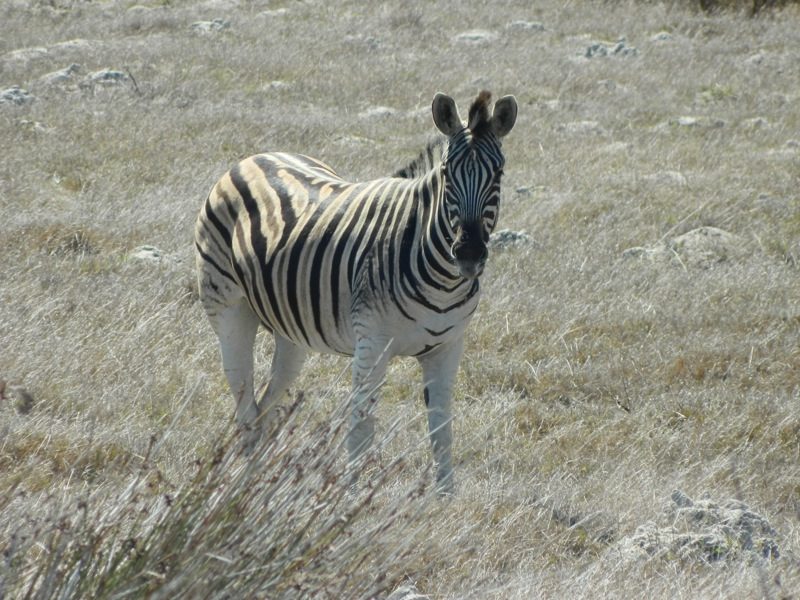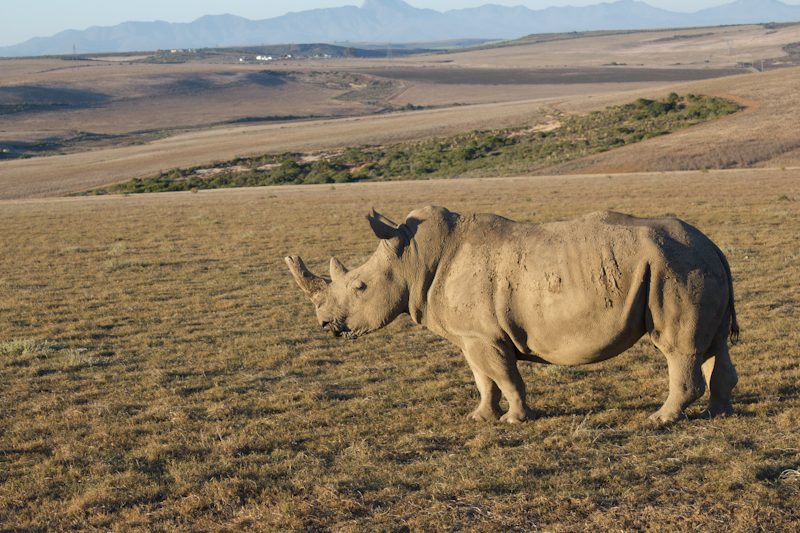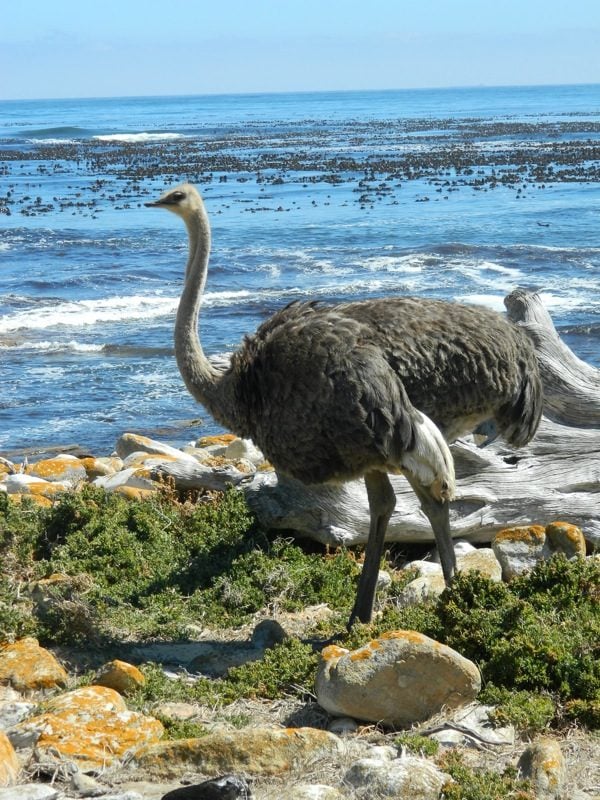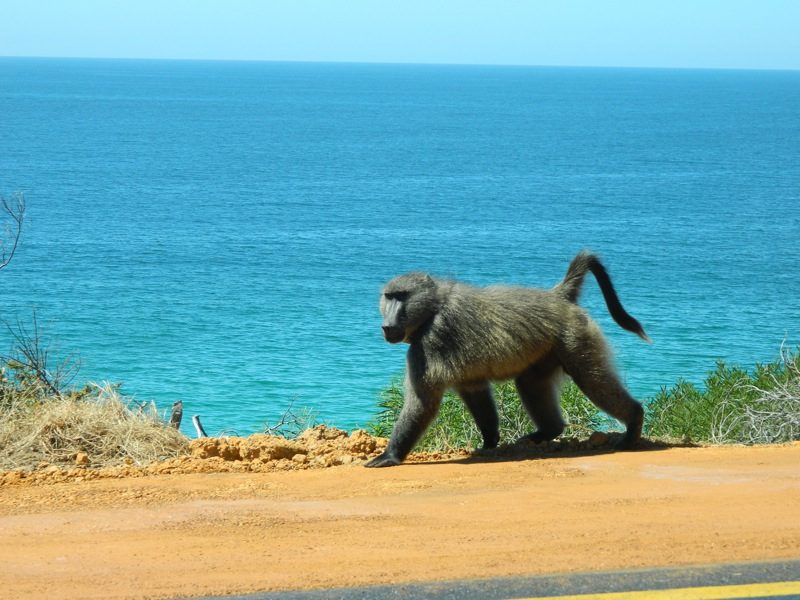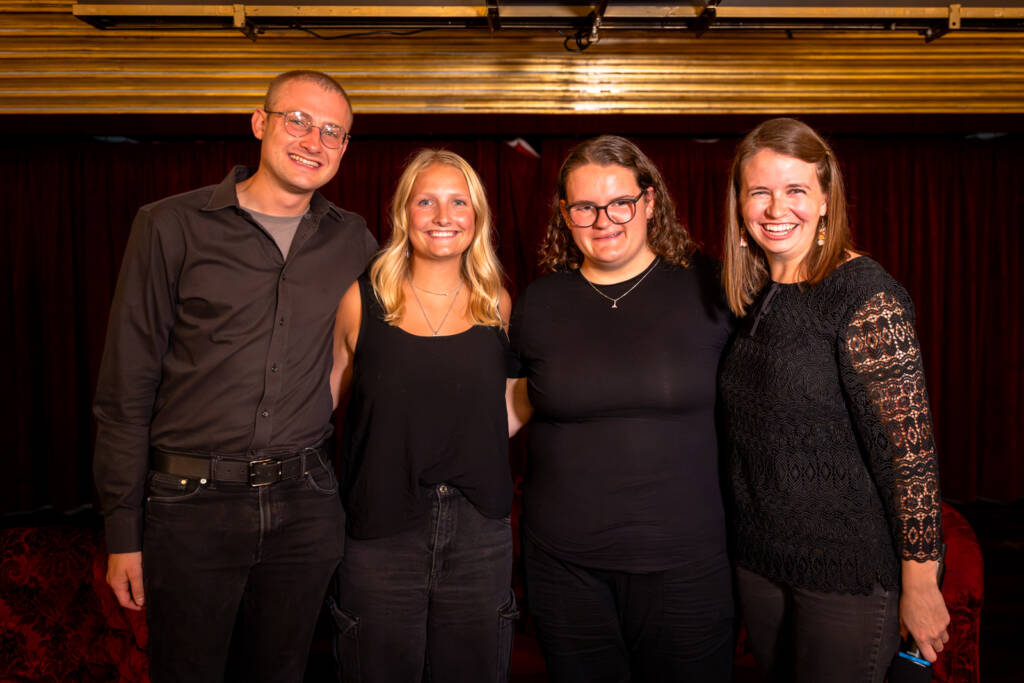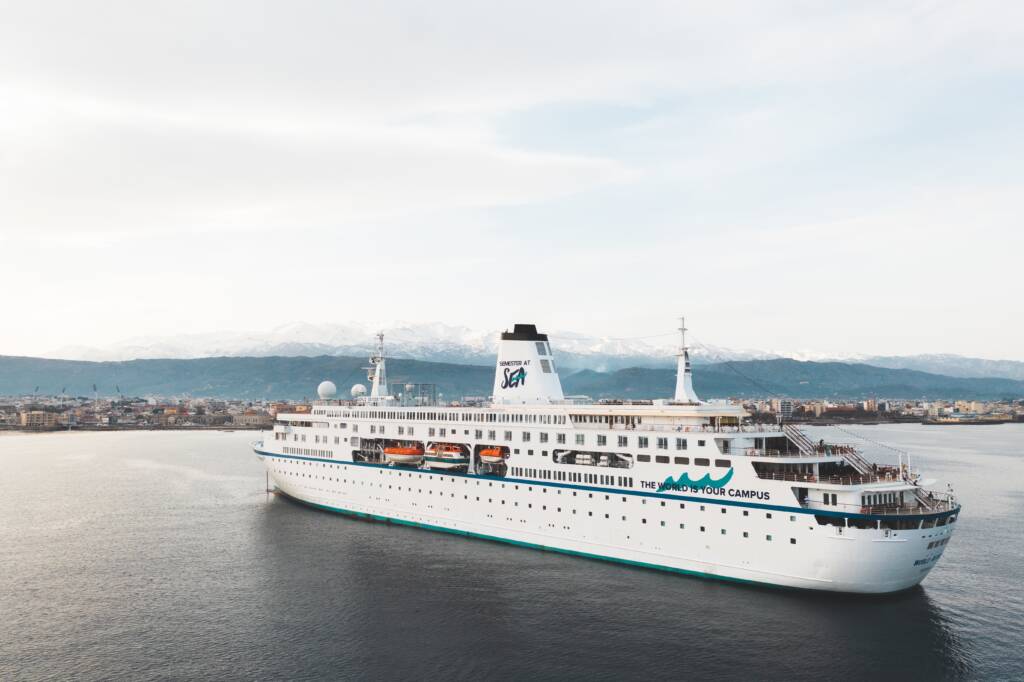Semester at Sea organized 60 different trips for faculty and students during the 6-day stop in Cape Town, including a selection of safaris to every corner of the country. These wild opportunities weren’t just for fun, though, as professors are always ready to tie the experience back into the classroom. A safari makes for an obvious discussion in biology class, but it’s surprisingly easy to fit into an economics lecture as well.
Dr. Chandra Ranade, who previously led his economics students to a Ghanaian farm, brought the safari experience back to the classroom after South Africa. Traditionally, wild landscapes have been razed and cultivated in pursuit of industry and agriculture, but today’s safari owners are reversing this age-old system of land use. Rather than ripping up the wildlife, owners are piecing together massive quilts of former family farms and allowing the land to slowly return to its original state. By switching the land back from agricultural use to wildlife, owners are creating new habitats for a growing safari industry, thus reversing the common business trend of ecological degradation while still remaining financially viable. It’s the economics of elephants.
Featured are a few photos of the incredible wildlife spotted on SAS trips in South Africa.
